Blockchain-Based AI Model Marketplaces: Democratizing AI Access and Monetization
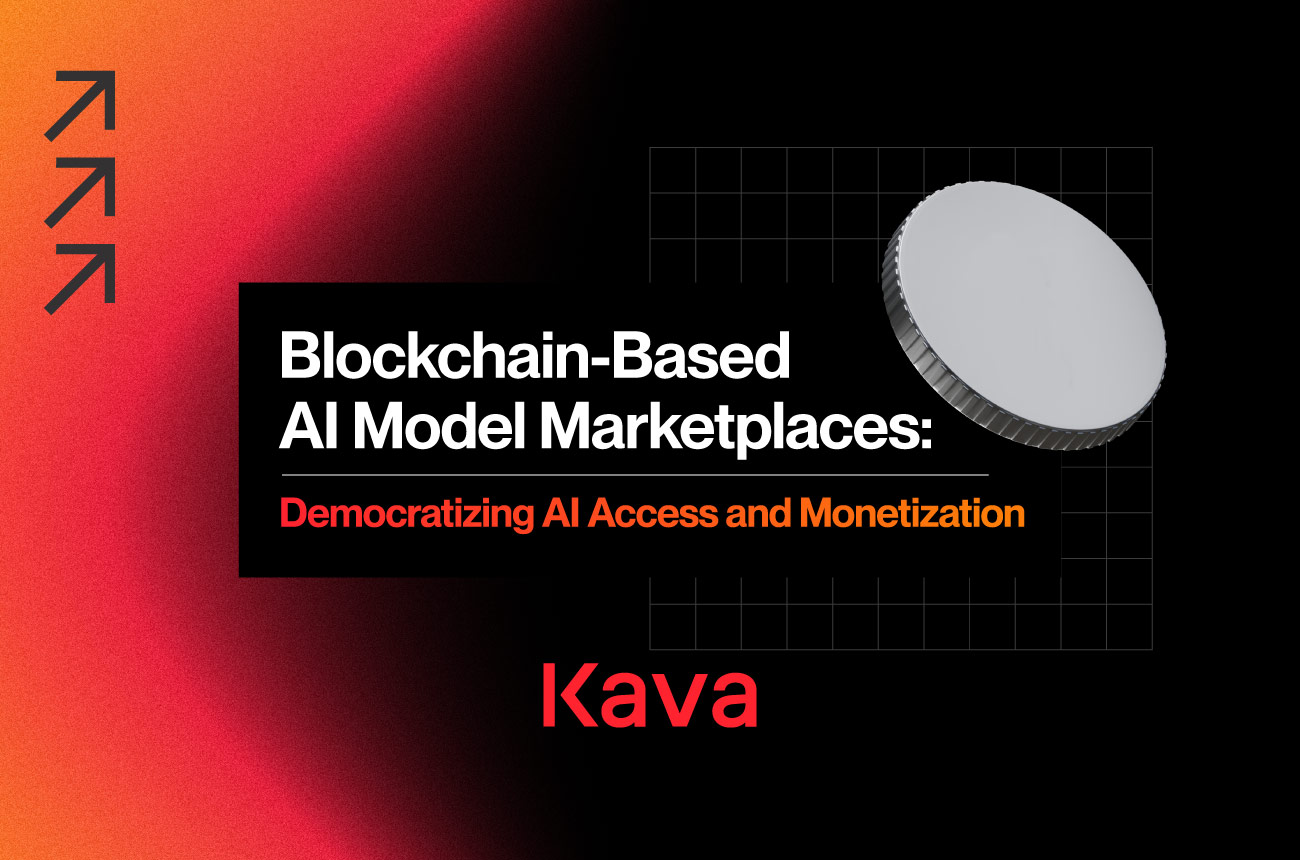
The evolution of blockchain technology beyond its initial use case of executing simple financial transactions has proved invaluable in everything from establishing immutable records of provenance in RWAs to securing elections with decentralized IDs and laying the foundation for a robust DeFi industry that can challenge legacy banks.
The integration of AI may be one of blockchain’s most important use cases to date. Even more important than its convergence is the establishment of blockchain-based AI marketplaces and their ability to unlock massive amounts of untapped AI compute resources. This takes place while also opening the door to new dynamic AI model sharing economies in a secure and democratized way.
This article will dive into modern blockchain-based AI marketplaces to see how they work. It will begin by examining the role of these marketplaces, why they are crucial to the future development of AI innovation, and explore how smart contracts function within them. We will then revisit Ocean Protocol before looking at SingularityNET and Numerai as examples to consider how these marketplaces currently operate. The conclusion will offer a glimpse at a potential future for these marketplaces.
The Foundation of Decentralized AI Marketplaces
We saw in our last post about The Great AI Decentralization that Big Tech cloud providers are currently failing to meet the insatiable demand of the modern AI boom. Blockchain-based AI marketplaces represent a viable alternative and shift away from these centralized providers to open markets where the critical resources required in AI training and the models themselves become more accessible and less expensive. The investment in the decentralized AI space has skyrocketed in recent years, and it is projected to continue its trajectory with the global blockchain AI market growing from $680.89 million in 2025 to $4.338 billion by 2034, expanding at a compound annual growth rate (CAGR) of 22.93% during this period.
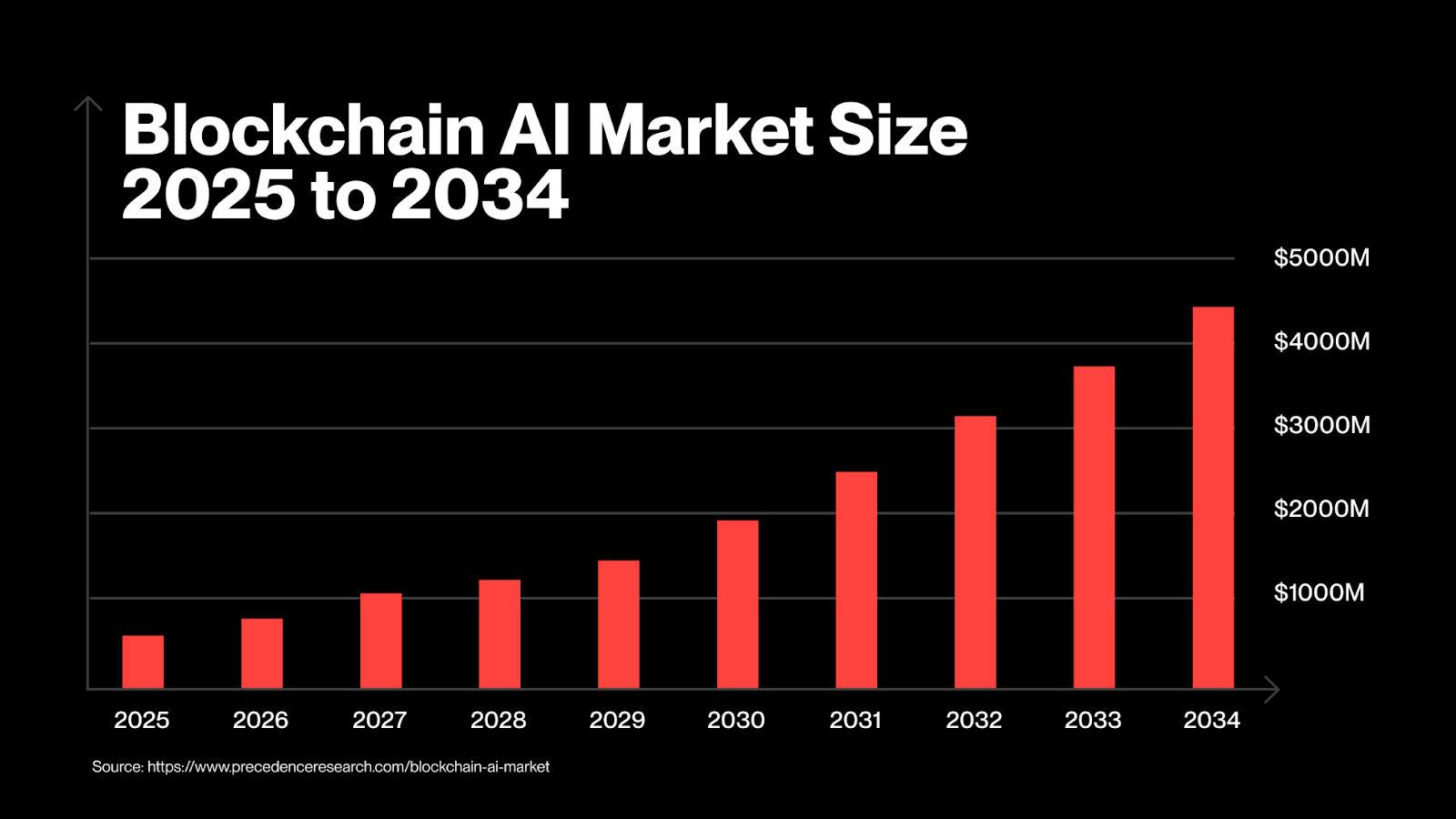
Rather than a dependence on intermediaries or a few tech monopolies that artificially constrain the supply of datasets, GPU access, and obfuscate AI models’ training protocols, marketplaces leverage blockchain technology's inherent properties of transparency, immutability, and trustlessness. These platforms can eliminate traditional gatekeepers and create direct peer-to-peer exchanges where anyone around the world can contribute resources or share their own AI models in exchange for real value.
The key underlying feature of decentralized AI marketplaces is their tokenization of AI models, datasets, and raw GPU compute power. By tokenizing these resources into digital assets, marketplaces can enable unique features like fractionalized ownership and the ability to assign royalties based on model usage in real time. This allows for the introduction of new investment streams for individuals and democratizes access to resources while reducing costs for projects requiring quality data or raw GPU compute.
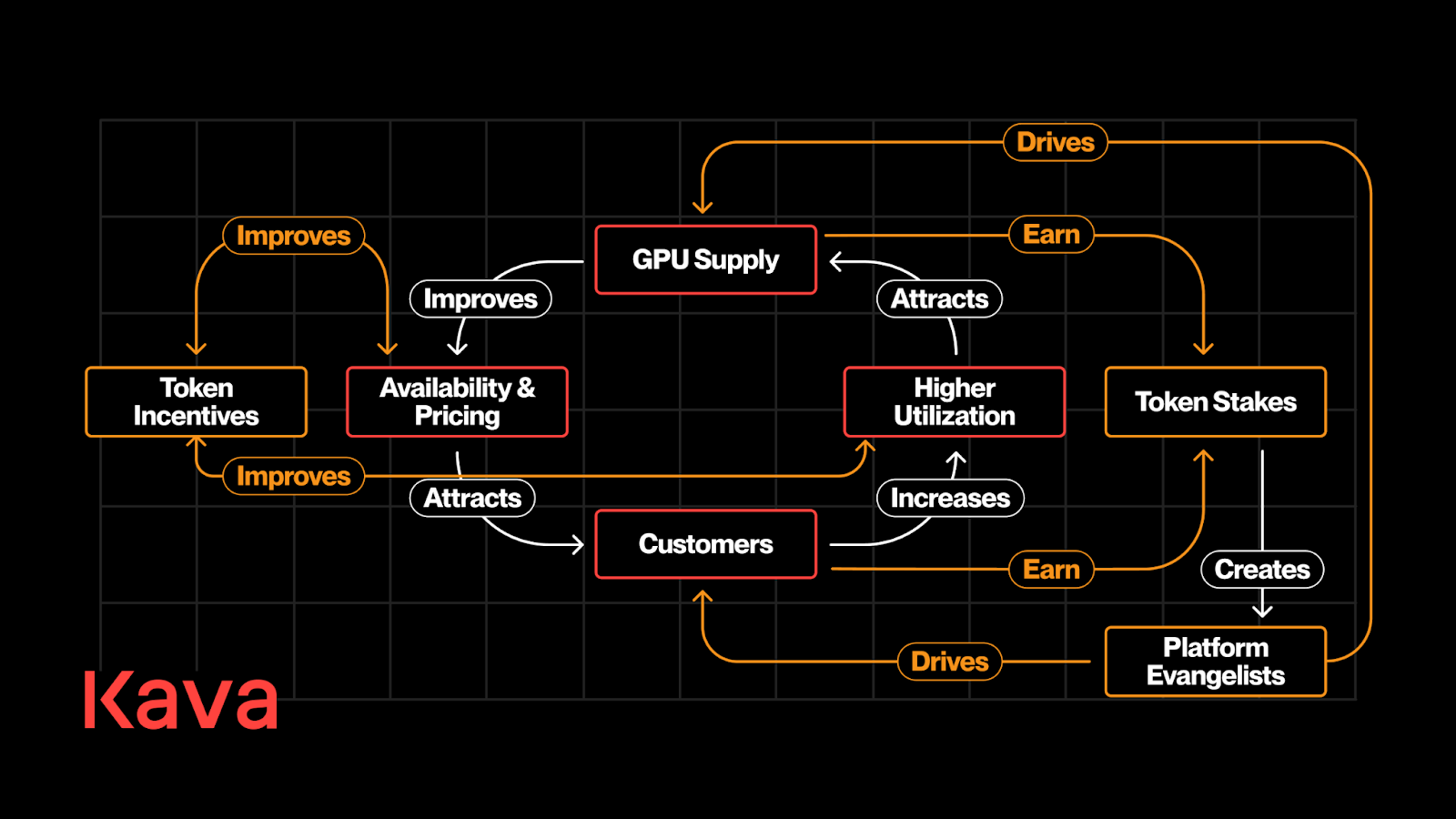
Smart Contracts and Automated Royalty Distributions
One of the best examples of the convergence of AI and blockchain technology can be seen through the usage of smart contracts within these decentralized marketplaces. Automated smart contracts allow participants to receive dynamic compensation for the usage of their AI models.
Smart contracts are distinctly qualified for interfacing with these new AI models and resource-sharing marketplaces. They can enable sophisticated revenue-sharing options where multiple contributors to an AI model can automatically receive proportional compensation based on its usage, while also enhancing the IP protections of models through advanced AI analytics and enhanced blockchain encryption.
Smart contract automation ensures that AI creators receive fair compensation when their models are used, while buyers can access services with confidence and transparent pricing, backed by quality guarantees of immutably recorded performances.
Established Decentralized Marketplaces
Previously, in the American DePIN Revolution article, we explored how decentralized DePIN projects are emerging to answer the critical GPU supply shortage that Big Tech cloud providers face. Decentralized marketplaces are filling a similar niche for the critical GPU resources and datasets required in AI training, as well as the models themselves. Ocean Protocol, SingularityNET, and Numerai are a few of the projects that are meeting this demand.
Ocean Protocol - Pioneering Data Marketplaces
Ocean Protocol is a data marketplace that facilitates data and AI/ML model exchange, while also providing custom monetization of IP for users. The platform enables data providers to tokenize their datasets through "datatokens" (ERC-20 tokens) that grant access to specific data services.
With Ocean Protocol creating an open marketplace for data sharing, individuals and companies can effectively monetize their IP, allowing smaller AI projects to tap into the quality data sets critical for AI model training without having to pay the high prices and extended lock-ins demanded by Big Tech cloud providers.
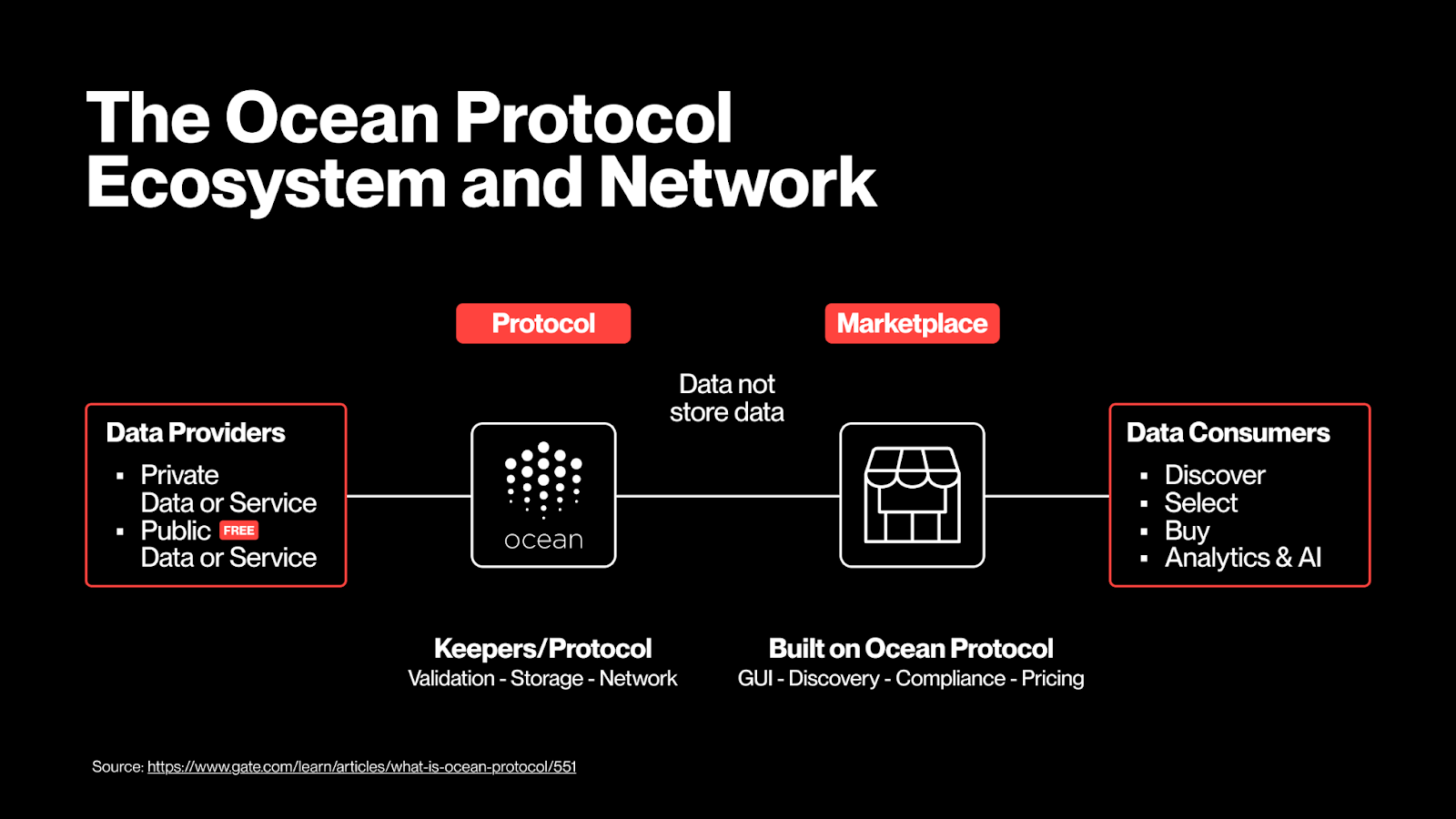
SingularityNET - Decentralized AI Agentic Services
SingularityNET is a platform that lets anyone create, share, and monetize AI services at scale. It allows developers to publish AI services as autonomous agents that can interact with other services on the network. Agent services can include everything from image processing, natural language processing (NLP), and predictive analytics, creating a comprehensive ecosystem of AI capabilities.
With the advancement in AI coding services that utilize simple chatbot interfaces like n8n and Replit, the barrier to entry for creating automated AI agents has been lowered so that even those with limited coding skills can create their own models. Combine these advancements with a decentralized open marketplace like SingularityNET, and suddenly, anyone can monetize the building of AI agentic software.
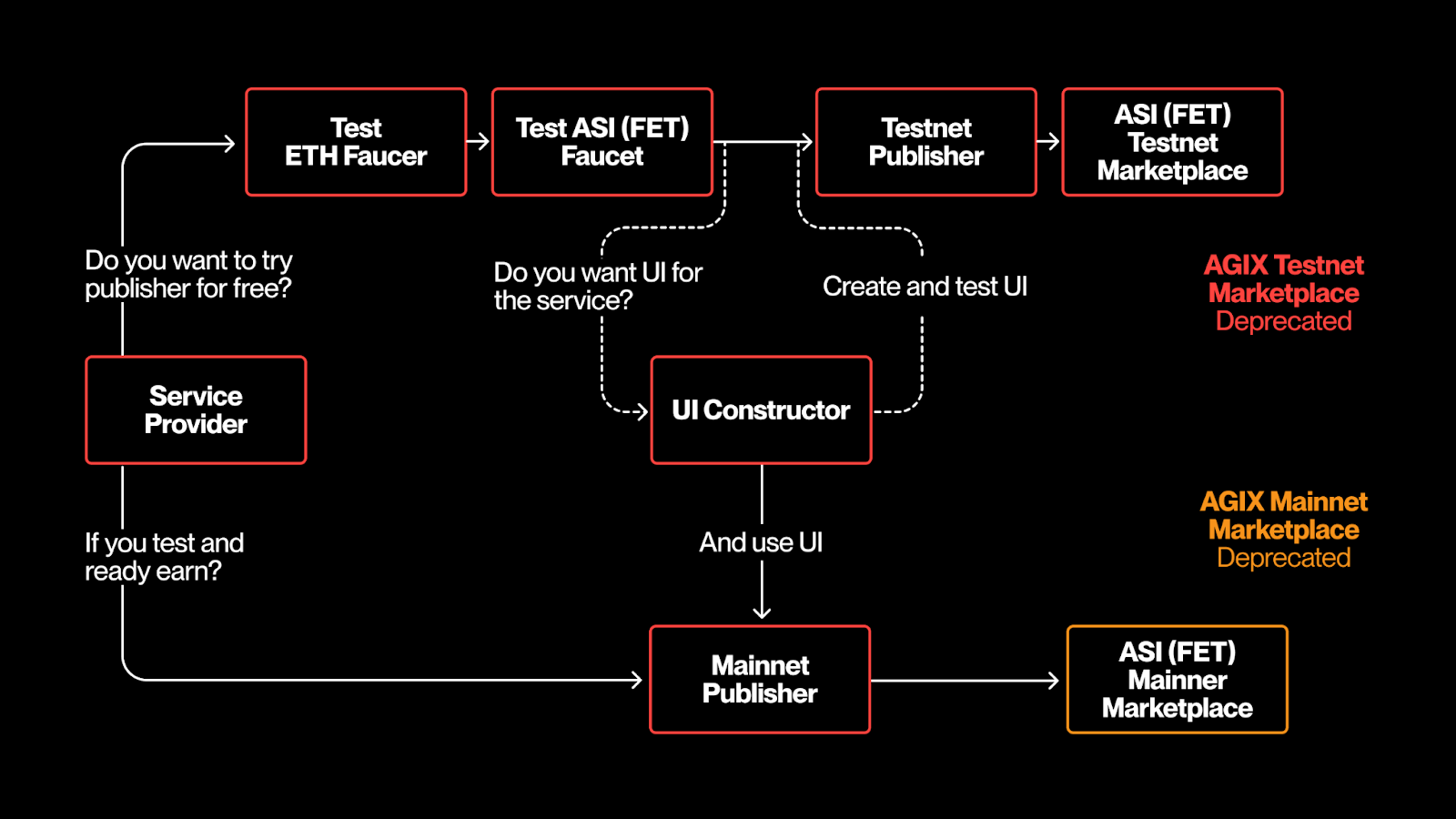
Numerai
Numerai is an innovative AI-enabled hedge fund platform that combines AI, blockchain technology, and crowd-sourced stock market prediction models to revolutionize quantitative finance. The project incentivizes data scientists to participate through reward-based competition for sharing the most accurate stock market prediction models.
The network of data scientists includes more than 5,500 participants, who stake their NMR tokens on their predictive models in weekly Numerai tournaments. This staking mechanism creates powerful incentives for model quality, as participants can earn tokens for accurate predictions but lose them for poor performance.
The Future of Decentralized AI Marketplaces
The future of decentralized AI marketplaces will be defined by a vibrant decentralized AI economy where barriers to entry are minimized and innovation is maximized. Decentralized AI marketplaces are changing how businesses find and use AI, while allowing individuals to participate in new and innovative ways. This reduces the cost of entry for smaller emerging AI companies.
Decentralized marketplaces are demonstrating how blockchain technology eliminates the need for intermediaries in AI transactions.
